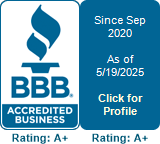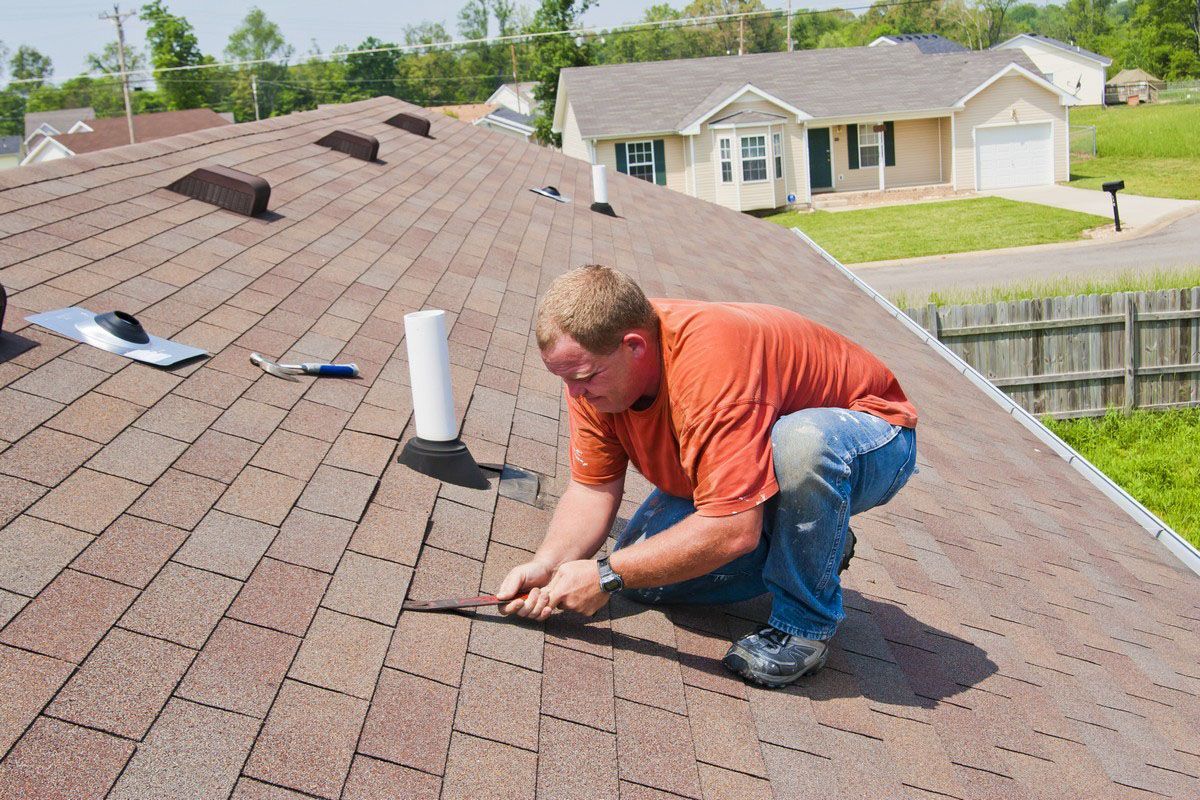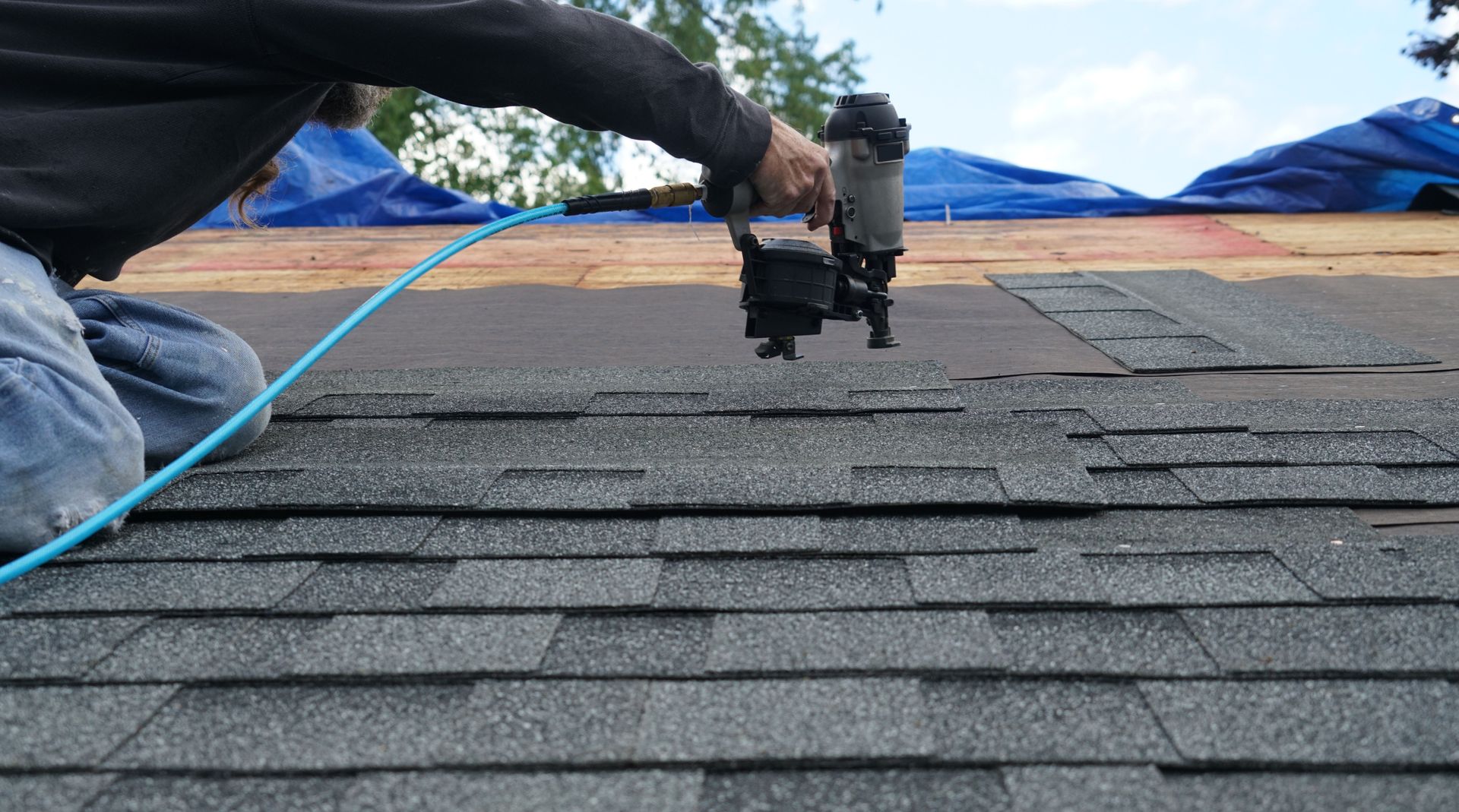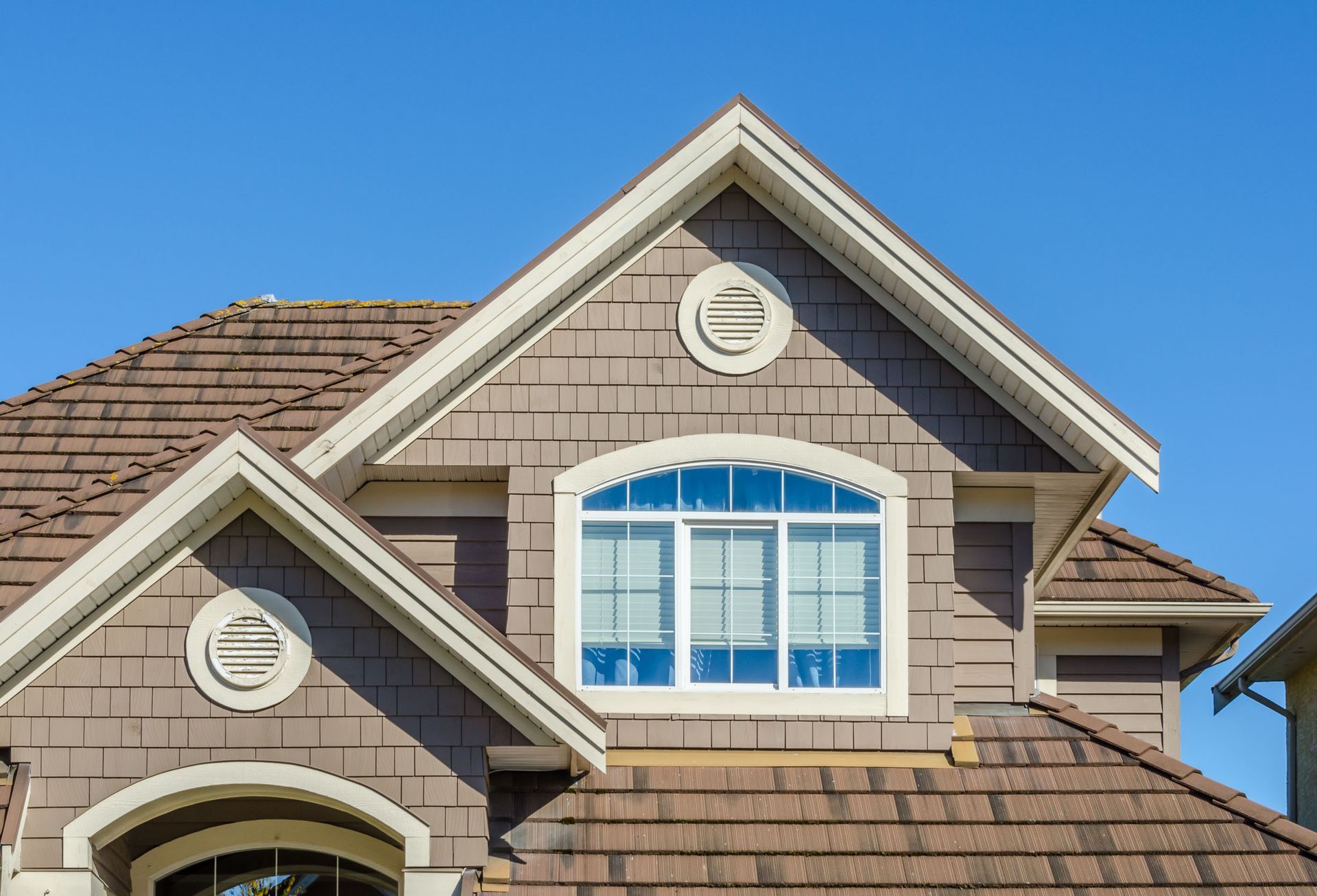Top Questions Homeowners Should Ask Roofing Contractors
Hiring roofing contractors is a major decision for any homeowner. To protect your investment, you must choose someone qualified, reliable, and trustworthy. Asking the right questions helps ensure your project runs smoothly and that your roof stands the test of time.
The roof plays a vital role in protecting your home and preserving its value. With so much at stake, homeowners should carefully evaluate each contractor’s background, qualifications, and approach to project management before committing to a contract. Experienced roofing contractors bring professionalism, accountability, and lasting results that benefit your home for years to come.
1. What Is Your Business’s Background?
How Long Have You Been in Business?
Experience often signals stability and reliability. A contractor with many years in the industry has likely faced—and solved—a wide range of roofing challenges. Longevity also suggests steady customer satisfaction and a reputation for consistent quality. While newer companies may be promising, homeowners often gain greater confidence from seasoned roofing contractors who have demonstrated staying power.
Can You Provide References from Previous Clients?
References help verify a contractor’s reputation. Speaking directly with past clients can reveal important details about communication, reliability, and project outcomes. Contractors confident in their work will happily provide references and portfolios. Reviewing these examples helps homeowners visualize results and set realistic expectations before hiring roofing contractors for their own projects.
Are You Licensed and Insured?
Licensing confirms that the contractor meets local standards and professional regulations. Equally important, insurance protects homeowners from liability if accidents occur on the job. Before work begins, verify that both general liability and workers’ compensation coverage are active and adequate for your project’s scope. Reputable roofing contractors will always provide proof of these documents up front.
What Types of Roofing Projects Do You Specialize in?
Roofing contractors may focus on specific materials or roof types, such as asphalt shingles, metal roofing, or tile systems. Choosing someone experienced with your preferred material ensures proper installation and long-term performance. According to Bob Vila, asphalt shingles commonly last 15 to 30 years under manufacturer warranties, making familiarity with that system especially valuable. Contractors who specialize in certain roof types can also offer better maintenance tips and product recommendations.
Have You Encountered Challenges in Past Projects?
Every project presents obstacles, whether related to weather, supply shortages, or structural surprises. Asking about past challenges shows how a contractor approaches problem-solving and accountability. Honest responses reflect professionalism and a willingness to communicate openly when issues arise. The way roofing contractors manage complications often predicts how they’ll handle your project under pressure.
2. What Is the Scope of Work?
What Materials Do You Recommend and Why?
Material selection affects durability, energy efficiency, and appearance. A knowledgeable contractor will assess your home’s design, location, and budget before suggesting materials. Asphalt shingles are popular for affordability, while metal roofs offer exceptional longevity. Ask about the pros and cons of each option and whether sustainable materials or cool-roof systems are available to improve energy performance. Reliable roofing contractors stay current with emerging products and eco-friendly solutions to better serve their clients.
How Will You Handle Unforeseen Problems?
Even well-planned projects can face unexpected issues like hidden wood rot or weather delays. Reliable roofing contractors plan for contingencies by maintaining clear communication, providing timely updates, and proposing reasonable solutions. Their ability to adapt ensures your project continues with minimal disruption.
What Is the Estimated Timeline for Completion?
Timelines reveal a contractor’s organizational and scheduling skills. Ask for a detailed breakdown of start and finish dates, including each major phase of the project. Reputable roofing contractors provide realistic timeframes and explain potential causes for delay, such as rain or material shortages. Consistent adherence to deadlines demonstrates professionalism and respect for your time.
How Do You Ensure Quality Control During the Project?
Quality control is crucial to lasting results. Ask about inspections, site supervision, and adherence to manufacturer specifications. Some roofing contractors perform daily checks or assign a project manager to monitor progress. Homeowners should also receive regular updates and opportunities to review work at key milestones. This collaboration reinforces accountability and confidence in the finished roof.
3. What Are the Financial Considerations?
Are There Potential Unforeseen Costs?
Hidden damage beneath old shingles or unexpected structural repairs can increase expenses. Ask how your contractor identifies and communicates extra costs before proceeding. A clear policy on handling changes prevents unpleasant surprises and fosters trust between homeowners and roofing contractors.
How Do You Handle Cost Overruns?
Occasionally, project expenses may exceed estimates due to rising material prices or scope adjustments. Contractors should explain how they control costs, track changes, and notify you in advance. A transparent approach ensures financial cooperation and avoids disputes.
Can You Provide a Lien Release Upon Completion?
A lien release confirms that all suppliers and subcontractors have been paid, protecting you from future claims. Always request this document once final payment is made. It provides closure and legal assurance that your property remains free from outstanding obligations.
4. What Is Your Team’s Expertise and Workmanship?
How Experienced Are Your Crew Members?
The skill level of the installation crew directly influences the quality of your roof. Ask how long the crew has worked together and whether they are full-time employees or subcontractors. A stable, well-trained team often produces better workmanship and fewer delays. The best roofing contractors invest in skilled crews to guarantee top-tier performance on every project.
What Safety Measures Do You Implement?
Safety procedures protect workers and homeowners alike. Responsible roofing contractors enforce OSHA standards, use proper fall protection, and keep work areas secure. Asking about safety training and protocols shows you value a safe environment for everyone involved.
How Do You Address Workmanship Warranty Issues?
A workmanship warranty covers installation-related defects separate from manufacturer warranties. It’s important to clarify the warranty length and what actions trigger coverage. Reputable roofing contractors clearly outline how they handle repairs under warranty, reinforcing accountability and customer care.
Will There Be a Project Manager On-Site?
An on-site project manager ensures consistent supervision and communication throughout the job. This person coordinates schedules, addresses homeowner questions, and verifies that quality standards are met. Having a dedicated manager helps maintain efficiency and keeps projects on track.
5. How Do You Handle Communication?
What Is Your Preferred Method of Communication?
Clear communication keeps projects running smoothly. Whether by phone, email, or in-person meetings, contractors should specify their preferred contact method and response time. Establishing expectations early helps avoid miscommunication during the project.
How Often Will You Provide Updates?
Regular updates on progress, delays, or material changes maintain transparency and trust. The best roofing contractors communicate proactively, reducing anxiety and demonstrating professionalism. Weekly check-ins or milestone reviews work well for most projects.
Who Will Be My Main Point of Contact?
Designating a single contact—whether the project manager or company owner—simplifies communication. It ensures accountability and gives homeowners confidence that questions or issues will be resolved quickly. A clear contact structure minimizes confusion, especially during large or complex jobs.
How Do You Handle Disputes or Misunderstandings?
Even with detailed contracts, disagreements can arise. Ask about the contractor’s process for addressing disputes. Reputable roofing contractors prioritize resolution through open dialogue, documentation, and fairness. Understanding this policy provides peace of mind and protects your investment.
Choosing the right roofing contractors requires asking detailed questions about experience, qualifications, finances, and communication. These discussions clarify expectations, reduce risks, and strengthen trust. A reputable professional welcomes transparency, provides clear documentation, and values customer satisfaction. By doing your due diligence, you’ll secure a contractor who protects your home, your investment, and your peace of mind. Looking for roofing contractors to tackle your project? Reach out to Credible Exteriors & Renovations today.






Share On: